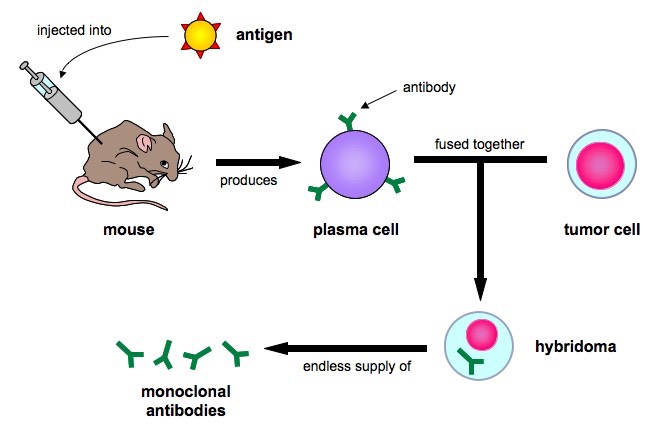A monoclonal antibody (mAb) is a type of antibody created from a single B cell that has been infected with a monoclonal virus. The virus kills most of the normal B cells in the body, leaving only the infected cells alive. These cells then produce antibodies, which are proteins that specifically defend the body against other organisms.
Monoclonal antibody development can be made in a lab by isolating B cells from an infected animal and growing them in vitro. Once they have been grown to a certain size, the B cells are injected into mice. The mice then develop tumors if they are given the mAb, but not if they are given a control mAb. From these tumors, scientists can extract and clone the B cells that produced the mAb.

Monoclonal antibodies are used to treat diseases such as cancer and autoimmune disorders. They are also used to detect and track objects or substances in the environment. For instance, they can be used to detect pollutants in the air by placing them on a substance or object and then analyzing them.
In 2008, researchers at the University of New South Wales in Australia reported that they had developed a way of using modified viruses to target cancers. The virus is altered so that it only infects cancer cells and not healthy ones. These viruses are released into the body and destroy the cancer cells without harming other tissues. This technique is currently undergoing clinical trials. Viral nanoparticles have also been proposed as a method of delivering drugs to the body. For example, nanoparticles are used in microscopic drug or gene therapy systems.
